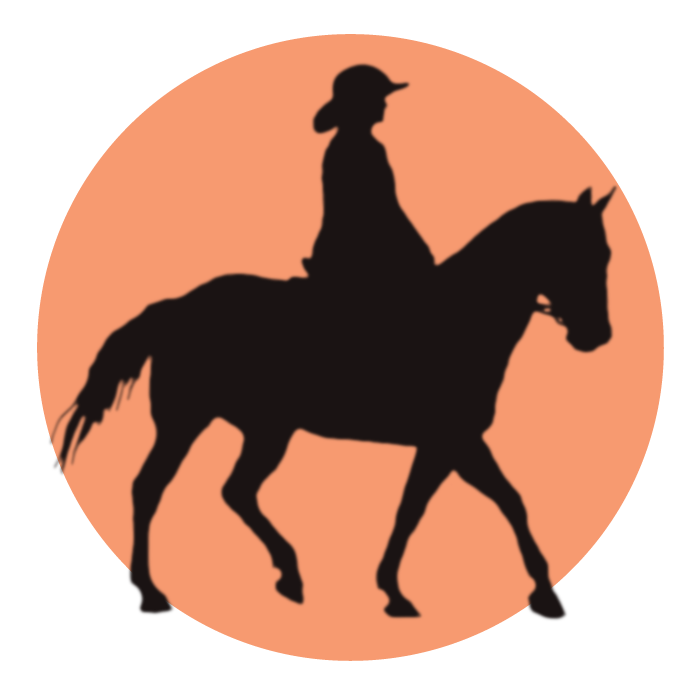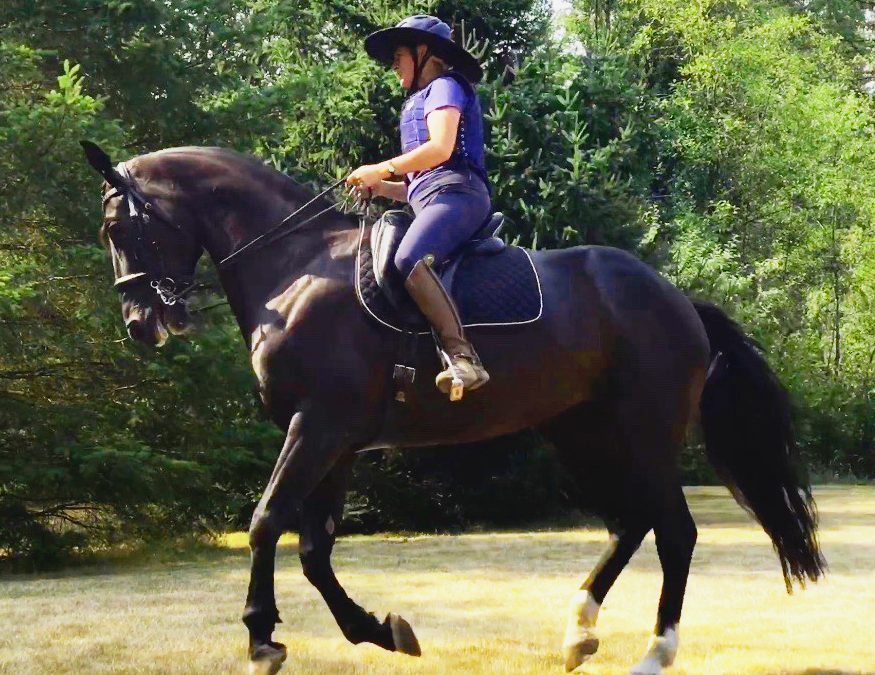I sincerely believe that good riding makes for a good horse. This can’t be emphasized enough. When our horses act up and give us problems we need to take a long look at how we ride them. You will hear people say that it could be due to other things like bad fitting saddles, bad conformation, bad attitude, bad breeding, horse in need of a chiropractor, wrong equipment, etc…. Some of these things do contribute to unwanted or dangerous behaviors in a horse. But nine times out of ten, good sound riding with attention and time given to developing the horse’s body and mind will correct unwanted behaviors. This is of course assuming that the horse is not sick or in poor health and we are providing him with the proper nutrients and environment to foster good physical and mental health. And I say riding rather than training because as we ride “well”, we are essentially training our horses in a less concentrated manner.
In this day of competitive horse showing, high stake winnings and trying to make big bucks from buying and selling horses, horse training has become a rushed enterprise and good riding has often gone by the wayside. A young horse is started and within 60 or 90 days he’s put into competition and pushed far beyond his physical and mental capabilities. Bad riders take their horses to good trainers and then wonder why the horse will regress back to unwanted behavior several months after coming home. They blame the trainer for not doing his job well enough. They blame the horse saying he’s just a “bad” horse. Who they often fail to blame is themselves – for not learning how to be a better rider. These days much of training has become a form of “trick training” where the horse is forced into certain frames with his body beyond his developmental level, is taught specific patterns and is taught to respond to a particular set of cues for a particular set of actions. People don’t want to take the time necessary to truly develop a superior horse – one who is sound in body and mind because he has been trained over the course of years with particular attention paid to developing his musculature (that of his back and neck being of greatest importance) and not overtaxing his mind.
Horses trained quickly for advanced levels are not well-rounded, versatile, physically and mentally sound horses that have been molded over time to understand the nuances of the rider’s seat, leg, hands and body cues. And then bad riding, or incorrect riding, interferes with the level of performance the horse is being asked for, thus potentially causing injury, either suddenly or slowly over time, to the back, neck and joints of the horse.
Being a good rider means we need to understand how our body weight and position, as well as how we use our hands and legs, affect the horse and his motion. A young horse, or a horse that isn’t in shape, needs a rider who knows how to lift their seat off the horse’s back to allow him to ‘swing’ his back and supple those muscles. A good rider can use their hands and seat independently of each other. A good rider knows how to use their legs to help teach a horse how to lift his stomach muscles or place his hind feet farther under his body. A good rider knows the importance of an elastic contact with the horses mouth, being able to ‘give’ with the hands when needed and following the natural motion of the horse or using hands with body to ask him to shift his weight farther back to free up his forehand. And most importantly, a good rider knows that it takes months, if not years, of unspectacular gymnastic exercise to prepare a horse for truly spectacular performance. To achieve this level of riding and understanding takes determination and dedication – riding your horse often, being patient, having conscious awareness of your own body to improve coordination and condition, and getting continuous instruction from knowledgeable instructors.
The benefits reaped from this dedication to being a ‘good’ rider will be many. An increase in successful communication between you and your horse and a horse that is happy, enjoys being ridden and performs with true talent to name a few. Is it worth it? If you plan on riding and enjoying your horse for many, many years and want to see him age gracefully and in good health – I think so.


Recent Comments